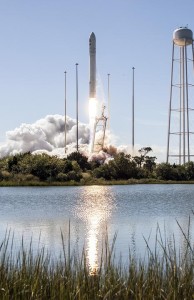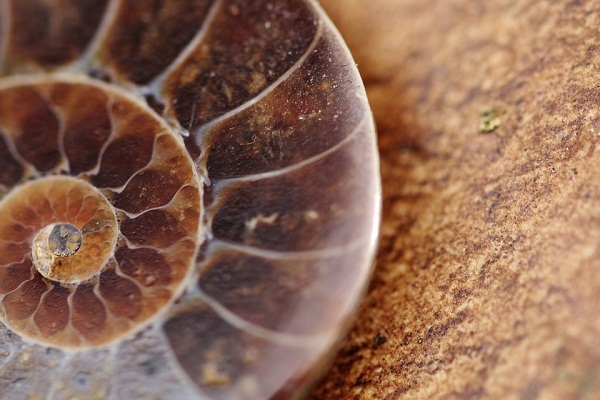On May 23, India launched its first-ever indigenous space shuttle – the Re-Usable Launch Vehicle – Technology Demonstrator (RLV-TD) from Sriharikota in Andhra Pradesh.
RLV-TD, the country’s first winged-body aerospace vehicle, is being said to be the ISRO’s first step towards developing a reusable launch vehicle that would be capable of sending spacecraft into orbit and then returning to the Earth. After this technology is developed completely, it would be possible to launch spacecraft, including satellites, into space and make them re-enter earth’s atmosphere. During re-entry, the spacecraft would withstand extreme pressure and heat conditions, and then land in at an intended spot. The technology would substantially reduce costs of launch of space vehicles.
“We have located the place where the vehicle is floating. The landing was soft and the vehicle did not break,” K. Sivan, K. Sivan, Director of the Thiruvananthapuram-based Vikram Sarabhai Space Centre, said.
“We had three objectives for Monday’s launch: To test the characterization of the aero-thermo dynamics of hypersonic flights; to test the autonomous mission management of hypersonic vehicles; and to test the necessary re-entry technology for the vehicles.”
“The mission went off as planned and data from the experiment showed that we have achieved its objectives and demonstrated the RLV technology.”
A booster rocket, carrying RLV-TD blasted off from the spaceport at Sriharikota. The rocket climbed for about 90 seconds, to an altitude of 56 km, before its burnout, and then RLV-TD was separated from the booster, and inclined further to 65 km. From there, the vehicle made a re-entry into the earth’s atmosphere at Mach 5 and then glided down to defined landing spot in the Bay of Bengal.
The total flight duration was approximately 12.8 minutes.
Prime Minister Narendra Modi has praised the “industrious efforts” of ISRO scientists.
“Dynamism & dedication with which our scientists & @isro have worked over the years is exceptional and very inspiring,” Modi said on Twitter.
The 6.5 metre-long scale model of the re-usable launch vehicle was made at a cost of Rs. 95 crore. It weighs about 1.75 tonnes, and was created at the Vikram Sarabhai Space Centre in Thiruvananthapuram. Over 600 scientists worked on this project, taking over five years to build the model.
ISRO will test two more such prototypes before making the final version of the vehicle that will take off around 2030. The final vehicle will be about six times larger than the current model.


